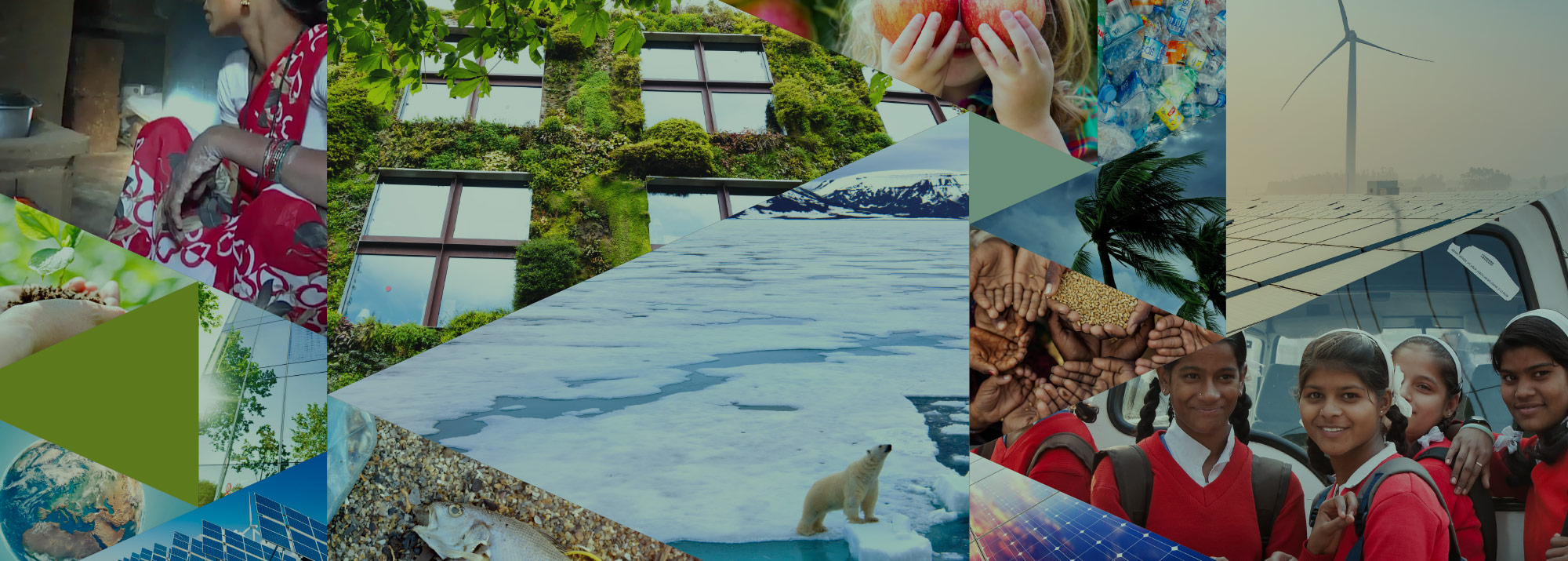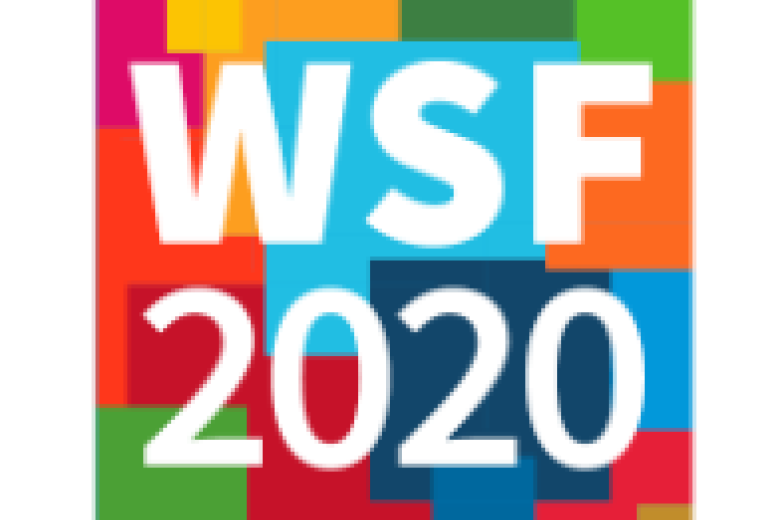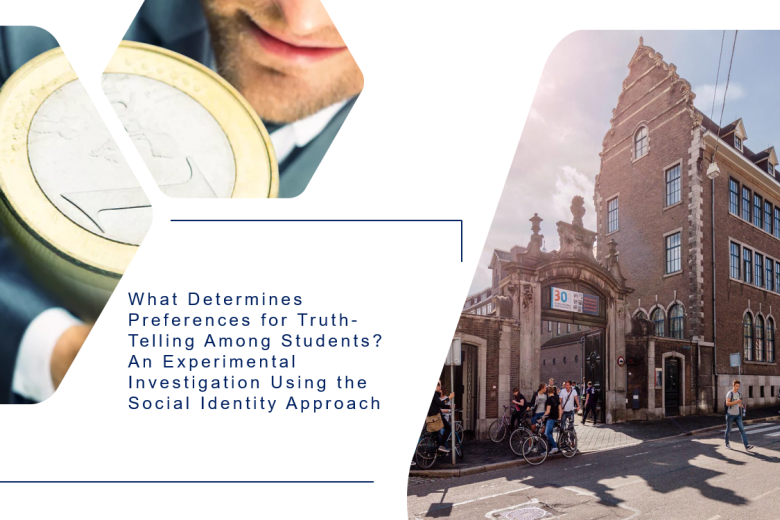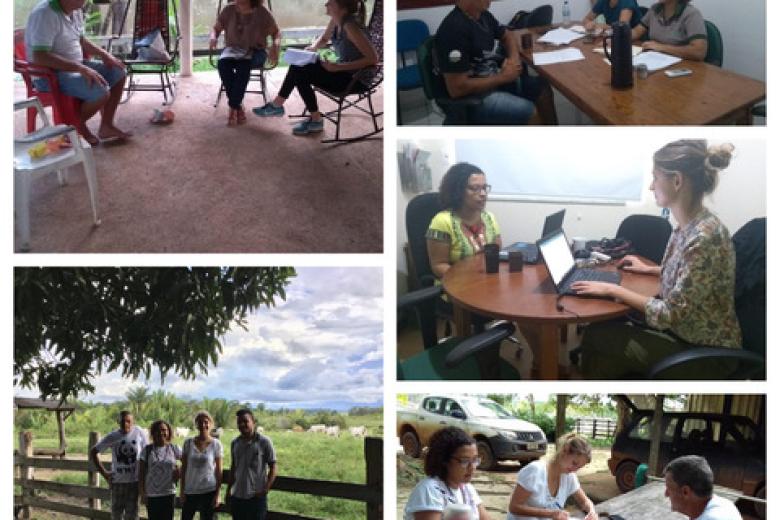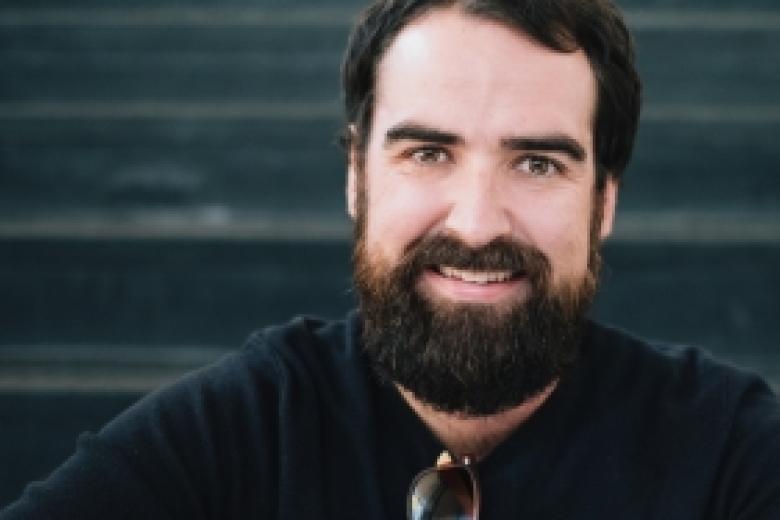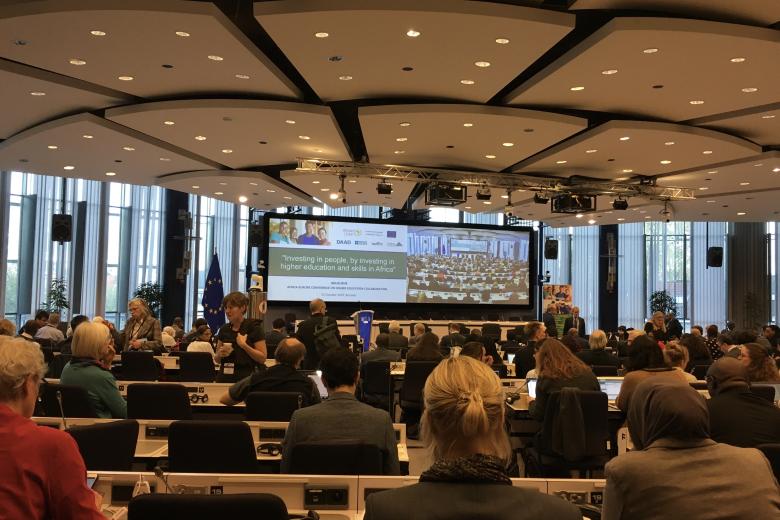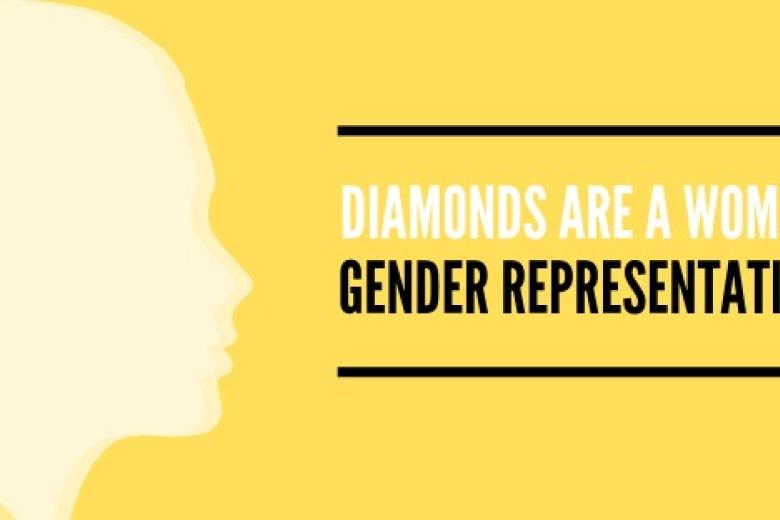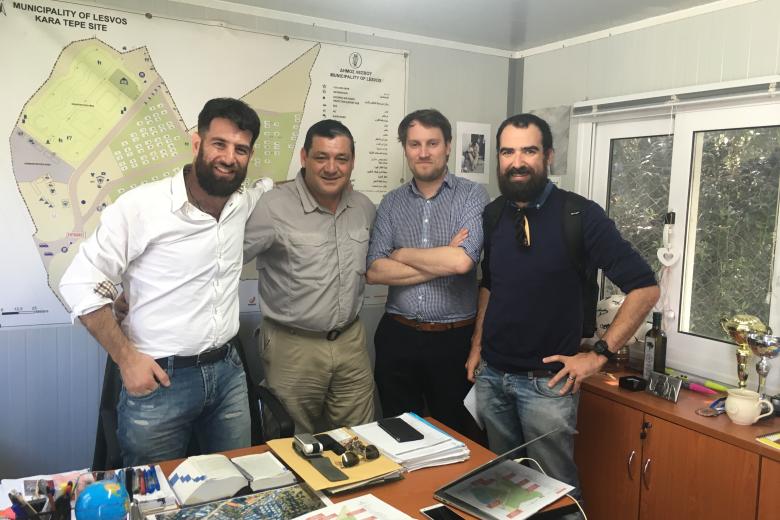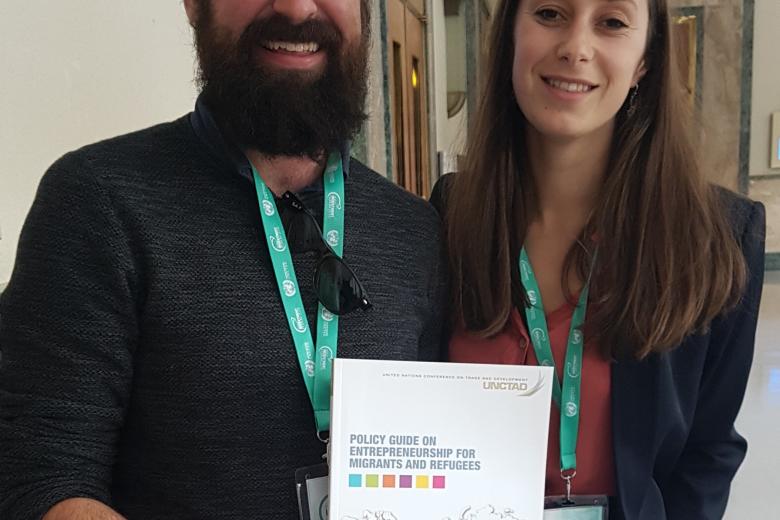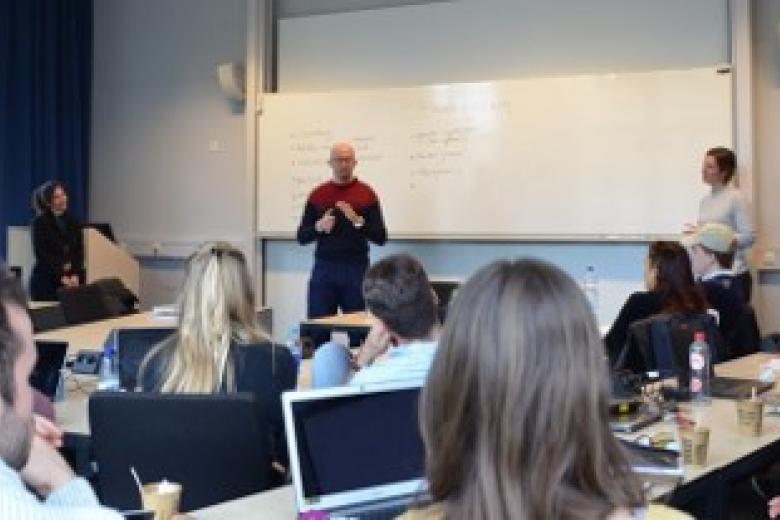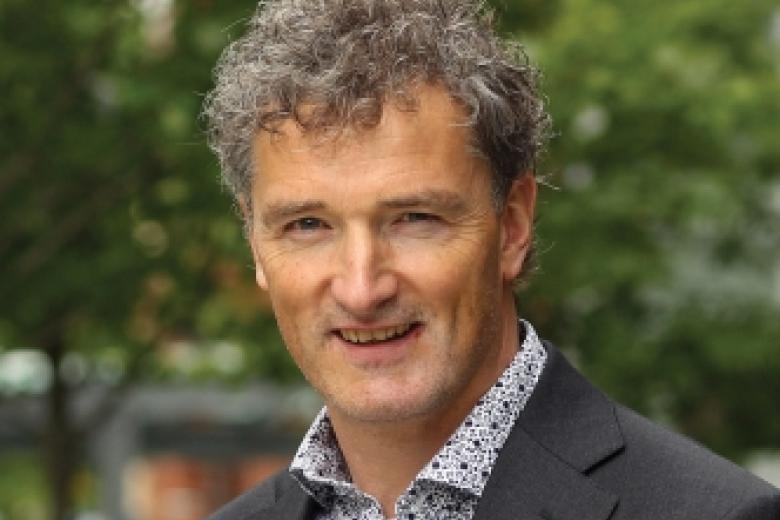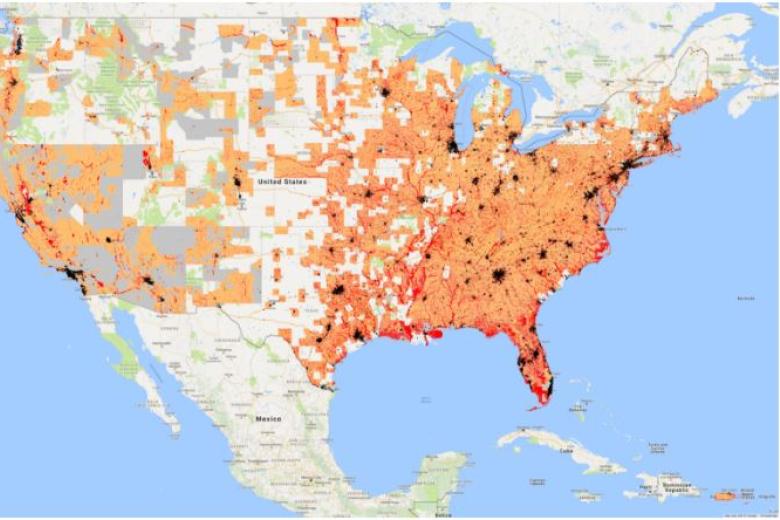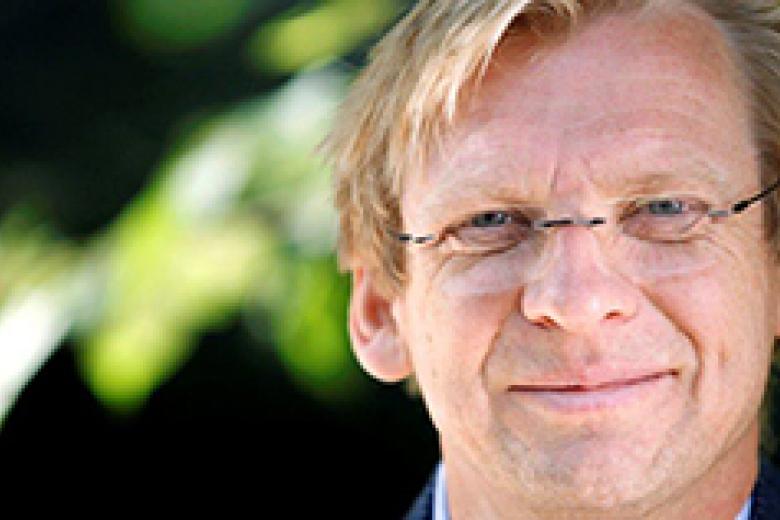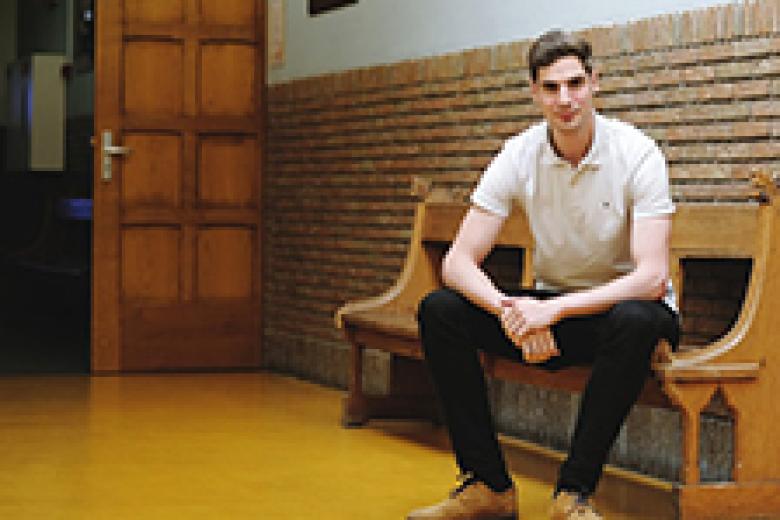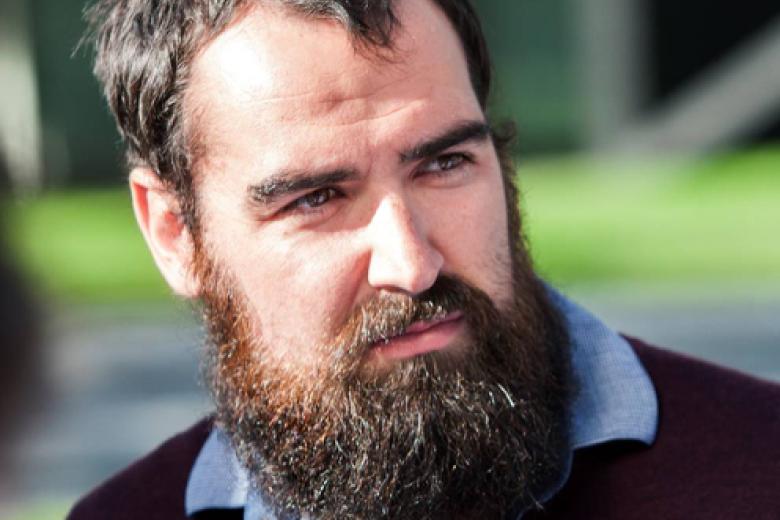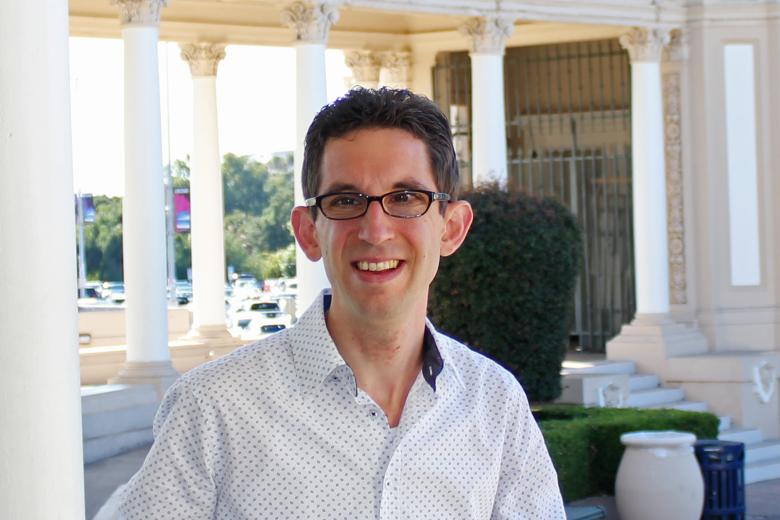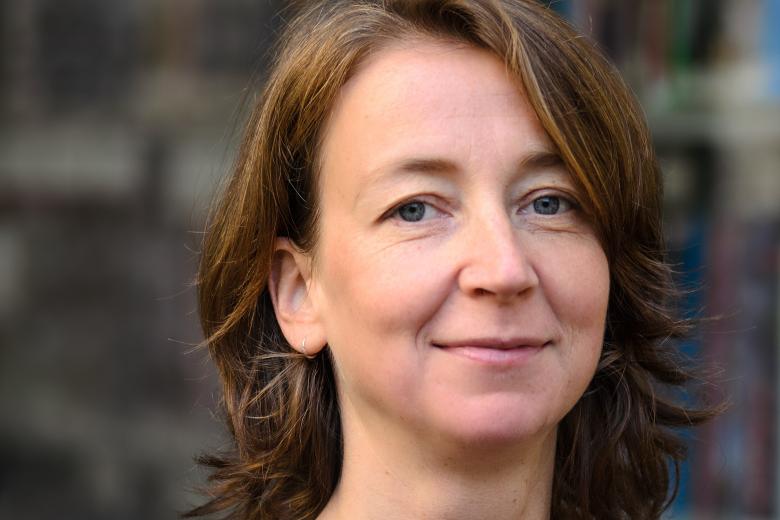Sustainable Development
From energy transition to increasing calls for intergenerational equity, and from the rise of social entrepreneurship to the growing number of people who opt to put their money into 'impact investing', the issues that inspire research into sustainable development have the potential to affect the lives of every citizen on Earth.
Inspired by the United Nations’ 17 Sustainable Development Goals, the Sustainable Development research theme aims to draw on an interdisciplinary wealth of expertise at SBE and in the broader Maastricht University community (including UNU-MERIT and its Maastricht Graduate School of Governance, ECCE, MC4E and MSI) to create high-quality, high-impact, socially relevant research into entrepreneurship and innovation. From financial regulation and corporate governance to the circular economy, the team focuses on understanding value-creation strategies that resolve the trade-off between company profitability and broader social value.
Initial research projects include Entrepreneurship and Innovation for Sustainable Development, which examines the impact of the funding sources for startups and SMEs on sustainable practices, and Towards Sustainable Energy Transition in the Wake of Climate Change, which focuses on how both fossil-fuel-producing and consuming economies can benefit from these shifts. Development of a Global Gender Index (GGI) looks beyond the indices that focus on publicly available measures to get an inside view on whether firms’ internal processes live up to their official gender policies, and Measuring the Effectiveness of Shareholder Engagement considers the effectiveness of institutional “long-horizon” investors in achieving sustainable development goals.
Building on networks with other universities, think tanks, policy and regulatory institutions, NGOs, financial institutions, corporations and entrepreneurs, the Sustainable Development theme is involved in a broad range of external initiatives, from creating a business case for divestment for the not-for-profit group Tobacco Free Portfolios to playing a key role in Maastricht University’s founding partnership (with Harvard Kennedy School, the University of Oxford’s Saïd Business School and others) in the United Nations SDG Impact Finance Research Council.
Visit another one of our research themes:
- Conflict and Cooperation
- Creativity, Innovation and Entrepreneurship
- Culture, Ethics and Leadership
- Data-Driven Decision-Making
- Human Decisions and Policy Design
- Learning and Work
As academics, we need to cooperate with peers in other disciplines, governments, NGOs and private companies to carry out research that contributes to achieving the United Nations’ 17 Sustainable Development Goals
Rob Bauer, leader of the Sustainable Development research theme
